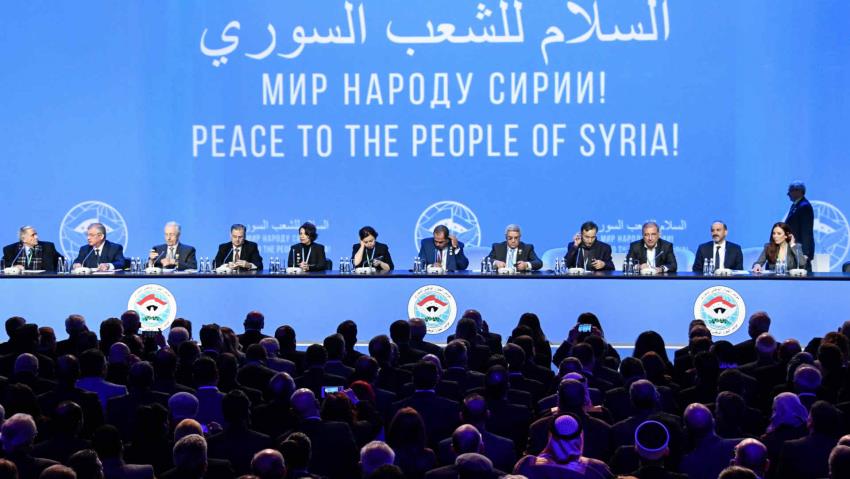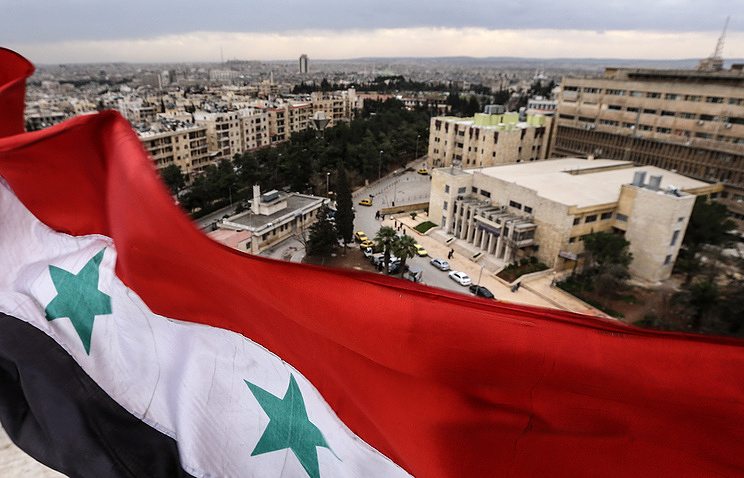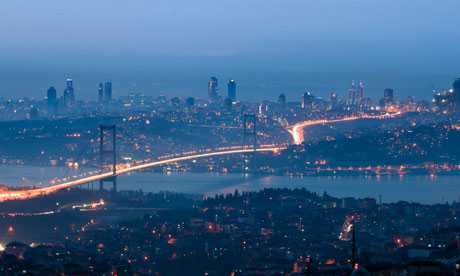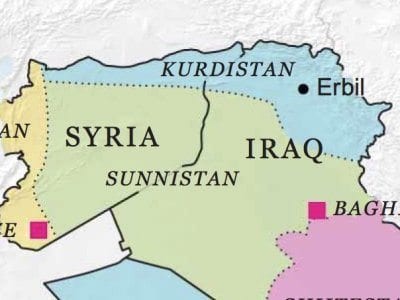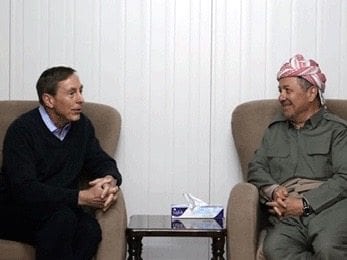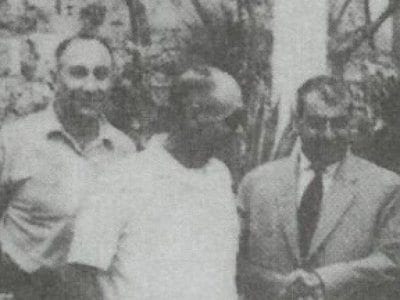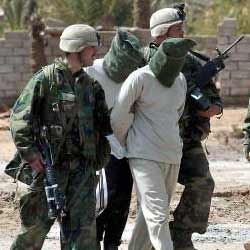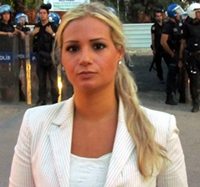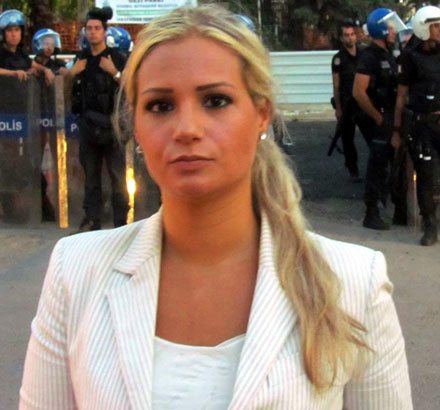From: Pulat Tacar
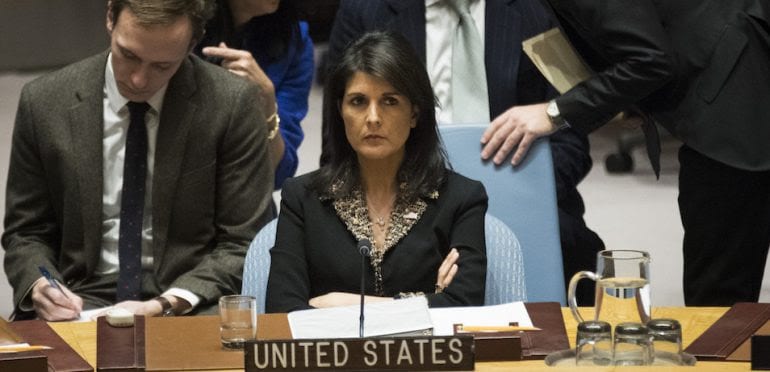
In recent times, the United States has increasingly resorted to economic and other sanctions to try getting countries, with governments often referred to as “rogue regimes,” to change their behavior. Today, Iran, Russia, and North Korea have been notable targets. But are sanctions genuinely a useful tool of policy—that is, do they work? And, if that proposition is at best debatable, why does the United States deploy them so often?
Some of us who have been both outside observers and US government practitioners of sanctions have long been skeptical that they are—at least very often—a ready tool to serve US foreign-policy interests, except as a means of threading the needle between doing nothing and going to war. They are certainly useful in US domestic politics as a feel-good device on Capitol Hill, among various interest groups, and for editorial writers.
For sanctions to work, generally six conditions need to be in play.
The Six Conditions
- All the countries that supply critical commodities (including cash) to sanctioned country X must agree to and abide by the sanctions, while making sure that those under its sway follow suit. The second requirement is generally more difficult to achieve than the first. When a sanctioned country has ready cash, there is almost always someone in the outside world prepared to sell just about anything and to find a means of delivery. In virtually all countries, public and private sectors do not operate according to the same norms. A decade after sanctions were imposed on Northern Rhodesia for its 1965 Unilateral Declaration of Independence, this author visited Salisbury and could find in shops there just about anything that could be bought in Europe or America.
- The targeted behavior must not be something that the leadership of the sanctioned country believes to be of major importance, especially for national security. In such cases, as one Pakistani leader said about the need to get nuclear weapons to balance those of India, the people of the sanctioned country would “eat grass” if need be—or at least their leaders would require them to do so.
- Just sanctioning leaders or the wealthy isn’t much good when in monetary terms they can just pass on the costs to the less powerful in their societies or forgo visits to Paris and London. In like manner, Western countries sometimes restrict foreign aid to developing countries to non-military purchases. Since money is fungible, these countries often just shift domestic funds to arms purchases, while using the money from abroad to pay for development.
- The capacity for domestic substitution of critical goods in the sanctioned country must be so limited that sanctions will erode the capacity of the political leadership to keep control of its population through various means, like invoking national security or a foreign bully. Countries employing sanctions all too often underestimate the ability of sanctioned countries to develop substitutes from their own domestic sources. The history of Cold War embargoes (sanctions) on the Soviet Union and East European Communist countries should be a sufficient lesson. Today, in the case of North Korea, its leadership can plausibly argue to its people that the United States is bent upon regime change. Kim Jong-un and company extend that argument to include US threats to the North Korean people, themselves. Unfortunately for US efforts to get North Korea to abandon its nuclear weapons program, this argument seems validated by President Donald Trump’s rhetoric about “totally destroying” North Korea, which has no practical effect other than to shore up the North Korean leadership.
- The sanctioning countries must avoid a situation in which leaders of the sanctioned country can argue that it is being “picked on” by a bully (a role the United States, and especially the Congress, have in recent years too often been willing to play). Both Russia and North Korea have successfully used this stratagem. By the same token, Iran’s leadership has long argued that the US is at fault for the Iranian people’s economic suffering. However, in this case sanctions helped lead to successful negotiations to scotch the Iranian nuclear weapons program, although the role sanctions played can’t be quantified. A key factor was clearly that the sanctions had broad international backing. Sanctions did ensure that Iran missed out on major elements of economic modernization. Something similar was true in South Africa in the long-running efforts to get its white leadership to abandon Apartheid policies and practices.
- There must be coherence in sanctions policies toward a particular country and expectations about behavior changes that make sense. For example, the United States has imposed (with others) sanctions against Russia because of its aggression in Ukraine and threats against other European countries, but Washington also talks about the desirability of working with Russia on issues elsewhere. This kind of issue differentiation by the sanctioning country, however, looks peculiar to the sanctioned country and has little if any chance of working. Unless there is a proposal for a trade-off—for example, the US will stop sanctioning Russia over Ukraine if Moscow will help the United States in the Middle East—this is magical thinking.
Another example is the U.S. promise of sanctions relief against Iran after the 2015 Joint Comprehensive Plan of Action (JCPOA). But the chances for improved relations with Iran dissipated when the United States dragged its feet on promised sanctions relief and then either retained or even augmented sanctions targeting other Iranian behavior. This included misrepresenting UN Security Council Resolution 2231 as requiring Iran to stop work on ballistic missiles when in fact the resolution merely expressed a wish that Teheran would follow that course.
President Obama can be credited for resisting domestic political pressures in concluding the landmark JCPOA. But members of Obama’s own administration, particularly the Treasury Department, opposed potentially positive developments with Iran flowing from the JCPOA because they did not want to see any relaxation of sanctions beyond the absolute minimum and were able to thwart the president’s will. Of course, President Trump’s rhetoric against Iran and the JCPOA, in part at the behest of US regional partners Saudi Arabia and Israel, has closed the door, at least for now, on the chance of changed relations with Iran. Furthermore, the US “nickel and diming” of sanctions relief provided for under the JCPOA sends a message to North Korea’s Kim Jong-un that any prospective agreement with the United States on his nuclear program would need to be much more tightly crafted.
A Weak Reed
To be sure, sometimes the US will decide to make a political or moral statement by imposing sanctions on another country, especially when human rights are concerned, even if the US calculates that sanctions will not change behavior. Or the issue in question in the sanctioned country may not rise to the level of national security, and thus domestic opposition might grow to the leadership’s behavior that brought about sanctions in the first place.
In general, however, experience shows that sanctions are a weak reed. Too often, they become a substitute for serious diplomacy practiced by serious diplomats as part of a serious diplomatic structure. Alas, this is an area where the United States is increasingly deficient, especially as national leadership significantly reduces the ranks of able diplomats and the resources to help them be effective.
Of course, it is often useful to back diplomacy with a threat of force. Then sanctions can credibly be represented as a last chance before the use of force. This is provided that the interests of the sanctioning country are sufficiently important, that the threat of force is kept proportionate, and that there are other elements such as a UN Security Council Resolution and the lack of an offsetting threat from another powerful country. Thus, effective diplomacy over the Bosnia War only became possible when NATO was able to employ force. Then the war came to an end in 18 days, with the Dayton Accords afterwards tidying up what had already been achieved with force.
No doubt, the United States will continue to employ sanctions against other countries, if only out of habit and the perceived value of feeling good. But they are no substitute for intelligent, coherent, well-crafted diplomacy and other non-coercive instruments. Yet the prospects are poor for reviving these capacities, which have been permitted to erode throughout most of the post-Cold War period. Unless they are revived and given the pride of place that they traditionally held for most of US history, Washington will rely to an even greater degree on cruder instruments: both sanctions, which rarely achieve their stated goals, and military force, which generally is successful, at least initially, but can impose high costs down the road, as has been the case in the Middle East since the 2003 invasion of Iraq.
The search for alternatives to war should not lead to sanctions, which almost always are a dead end. Rather, the United States should invest more in serious diplomacy and the tools to make it effective.
Cover photo: U.S. ambassador to the United Nations Nikki Haley at U.N. Security Council meeting
Via LobeLog


